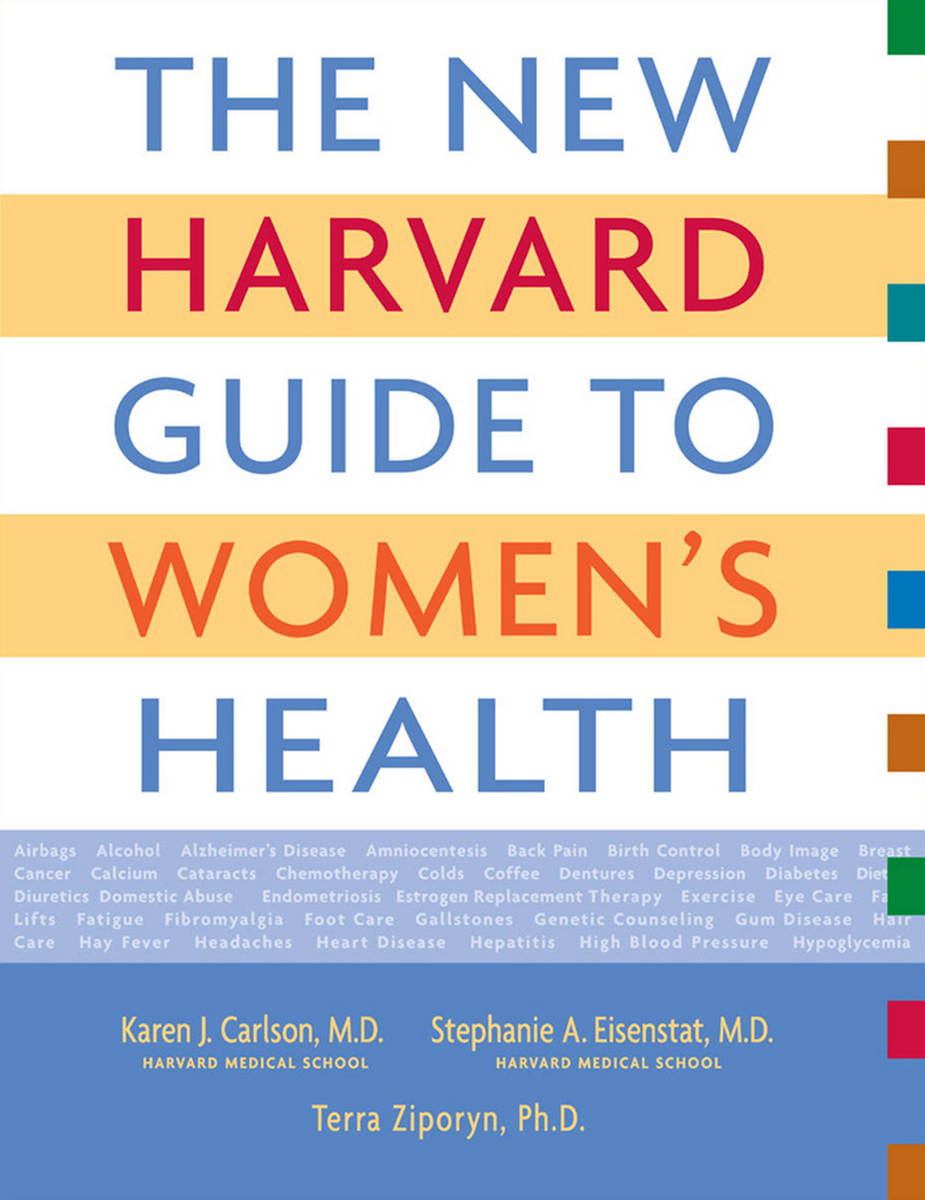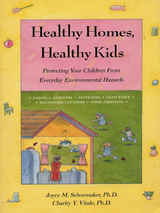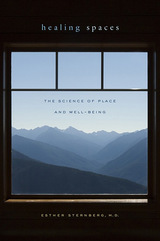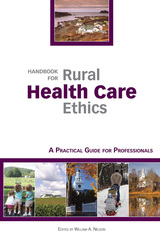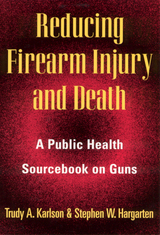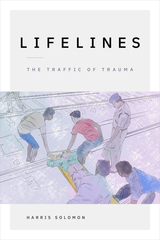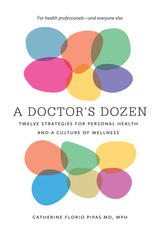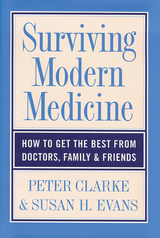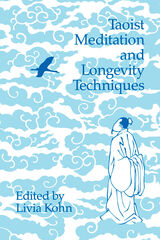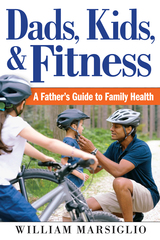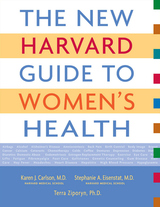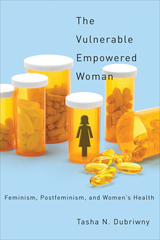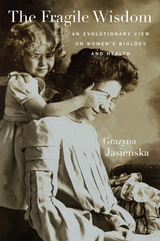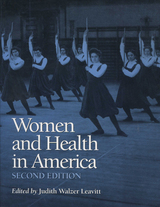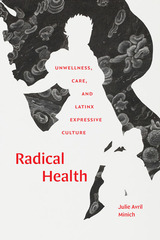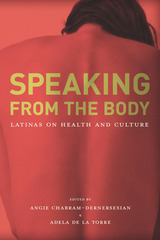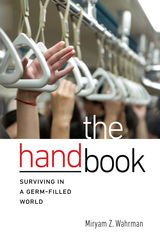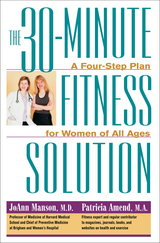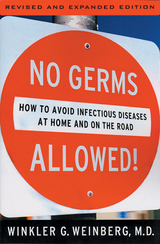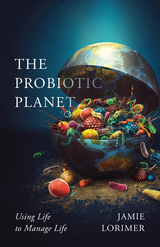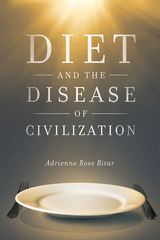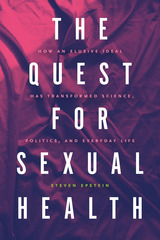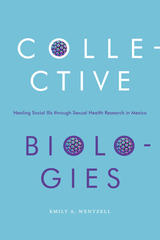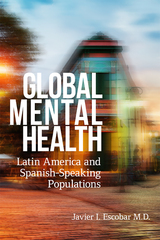Paper: 978-0-674-01343-8 | Cloth: 978-0-674-01282-0 | eISBN: 978-0-674-25328-5
Library of Congress Classification RA778.C2164 2004
Dewey Decimal Classification 616.0082
With the publication in 1996 of The Harvard Guide to Women's Health, women seeking answers to questions about their health had access to the combined expertise of physicians from three of the world's most prestigious medical institutions: Harvard Medical School, Massachusetts General Hospital, and Brigham and Women's Hospital. With complete information on women's health concerns, physical and behavioral, this A to Z reference quickly became a definitive resource, praised especially for its coverage of topics not previously considered under the umbrella of women's health. The New Harvard Guide to Women's Health reunites the authors to bring a valued health reference up to date for a new generation--and for those women who have come to rely on the Harvard Guide and are now wondering what to do about their health as they enter a new stage of life, asking questions like the following: I've been on hormone replacement therapy. Should I stop? How?
Could this rash be lupus?
I've been on the Pill. What is my risk for stroke?
Fat is bad, fat is good: What should I believe? And what's left to eat?
When does ordinary worry become chronic anxiety?
What screening tests do I need now?
In addition to revised recommendations reflecting the current medical thinking on menopause and hormone replacement therapy, the New Harvard Guide includes updated recommendations about cardiac health and heart disease--the #1 killer of women in the United States
entries reflecting recent advances in the understanding and treatment of autoimmune diseases
better coverage of health concerns throughout a woman's life span, from her first period to menopause and beyond, with a new entry on perimenopause
expanded nutritional recommendations, including a unique chart of the U.S. government's Daily Reference Intakes for micronutrients, broken down for teens and women whose needs may differ because they are pregnant, breastfeeding, or postmenopausal
updated information on over-the-counter medications, prescription drugs, procedures, screenings, and diagnostic tests
See other books on: Diseases | Health and hygiene | Healthy Living & Personal Hygiene | Medicine, Popular | Women's Health
See other titles from Harvard University Press
